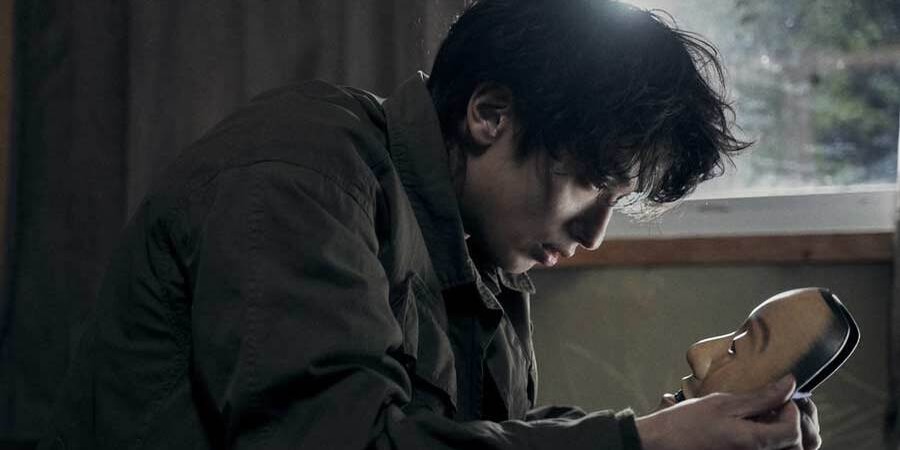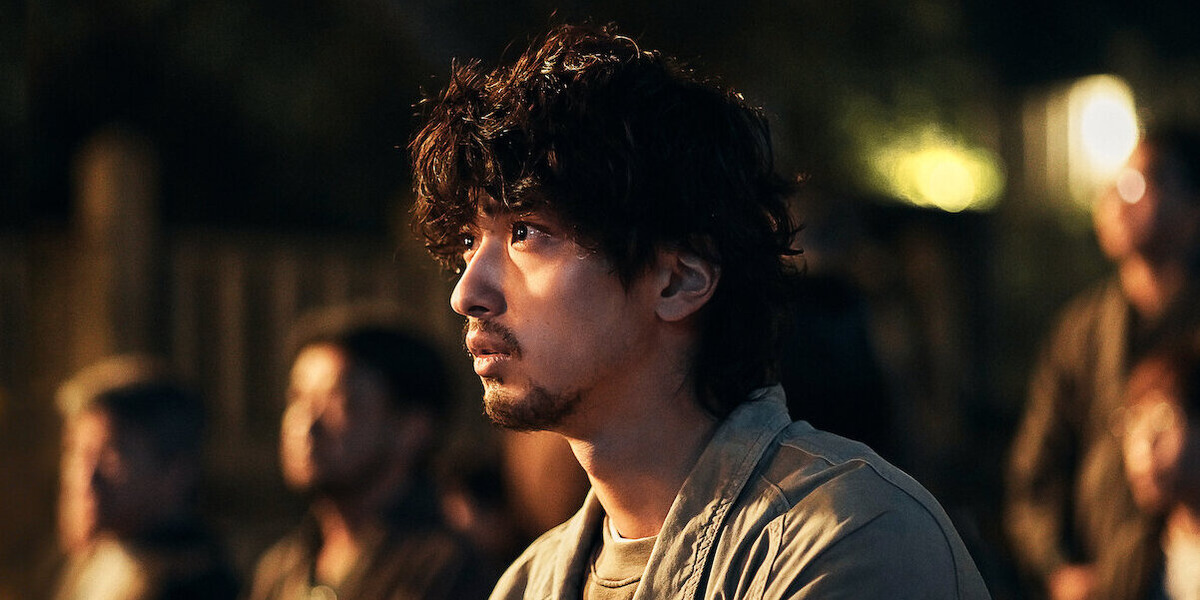Netflix’s ‘The Village’ (or simply ‘Village’) is a Japanese drama movie directed by Michihito Fujii. The suspense-drama film follows Yu Katayama, a young man who resides in the secluded yet beautiful village of Kamonmura without any hopes or dreams. However, Yu’s life takes a turn for the better when his childhood friend Misaki Nakai returns to Kamonmura from Tokyo. Given the movie’s grounded approach and compelling interpersonal drama, viewers must wonder if ‘The Village’ is based on any real events or a true story.
The Inspiration Behind The Village
No, ‘The Village’ is not based on a true story. The film is based on an original screenplay penned by writer-director Michihito Fujii. Fujii began his directorial career in 2011 and is best known for directing the 2022 romantic-drama film ‘The Last 10 Years.’ Fujii devised an original story for ‘The Village,’ which takes place in the fictional village of Kamonmura. Hence, it is safe to deduce that the movie is not directly based on any real events. Instead, it tells a fictional story revolving around the small community of Kamonmura and the internal issues they face concerning the socioeconomic situation in Japan.

‘The Village’ follows Yu Katayama, a young man who lives in the remote village of Kamonmura, which houses a large garbage disposal facility. However, the hopeless Yu’s life completely changes when his childhood friend, Misaki, returns to the village and positively impacts Yu. However, the challenges of living in a small, restricted, and closed community continue to plague Yu and dictate his life. As a result, the narrative opens the door to explore several themes correlating with Yu’s life and the challenges he faces. According to writer-director Michihito Fujii, he crafted this particular story because he wanted to raise the issue of the very act of relying on a community.
The director believes that sensibly independent individuals should form society. As a result, the movie itself is an antithesis of the societal structure of Japanese small towns and villages. It provides social commentary about their inherent nature that breeds several problematic socioeconomic aspects. Furthermore, the film attempts to tackle the negative effects of living in a restricted community without a way out to the outside world. The same is evident in Yu’s story and the trials he faces. There is a stigma among the local community about Yu’s motives and intentions because of his father’s past crimes. As a result, Yu is forced to live with the tag of a criminal’s son.
Similarly, Yu is bullied and faces peer pressure at his job. Yu must also find a way to repay his mother’s gambling debt, which is a monumental task in a community with few job opportunities and ways to make money. As a result, Yu is forced to turn to a life of small-time and petty criminal activities. The director also incorporates certain elements of the Japanese culture into the screenplay, such as the performing art of Noh, which serves as a metaphor for the one-directional, narrow-minded attitude of the villagers who cannot improve their situation and resist the introduction of any new form of expression.
All things said, ‘The Village’ is not based on a true story. The film tells a fictional story reflecting upon the nature of small and remote communities in Japan. It is an antithesis of how these communities function and highlights their socioeconomic challenges. As a result, the narrative is rooted in reality and allows the viewers to immerse themselves in the conflicts of the residents of a fictional village. In contrast, a dark and suspense-filled mystery is interwoven with the movie’s social commentary, adding intrigue to the narrative.
Read More: Where Was Netflix’s The Village Filmed?


You must be logged in to post a comment.